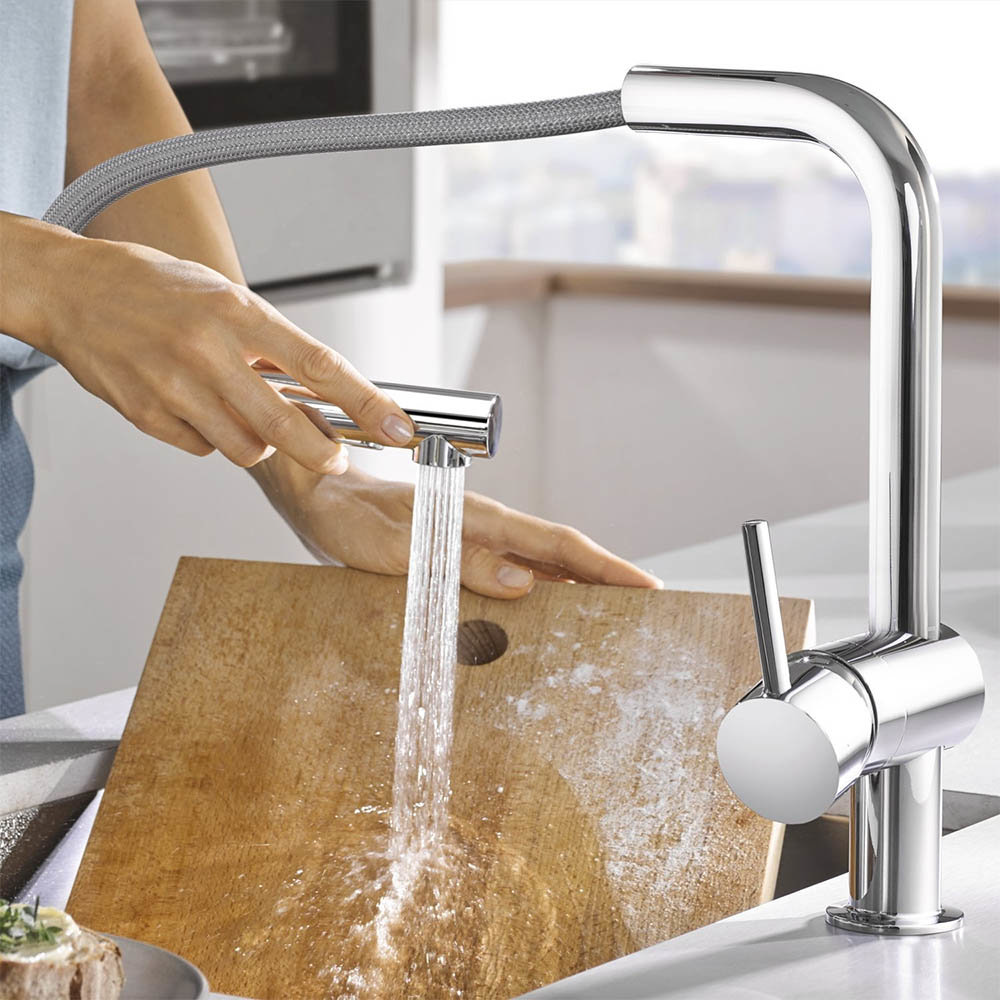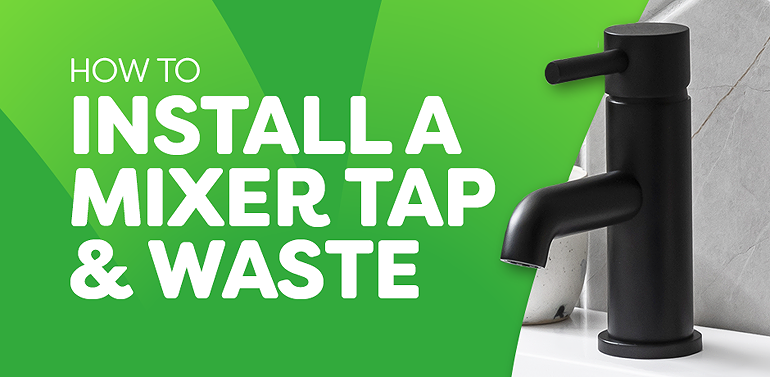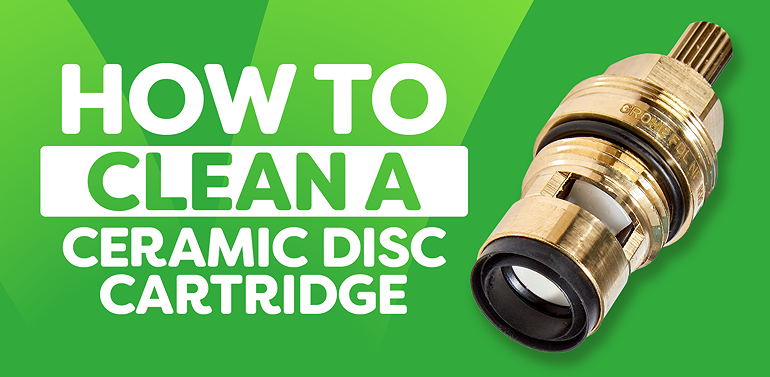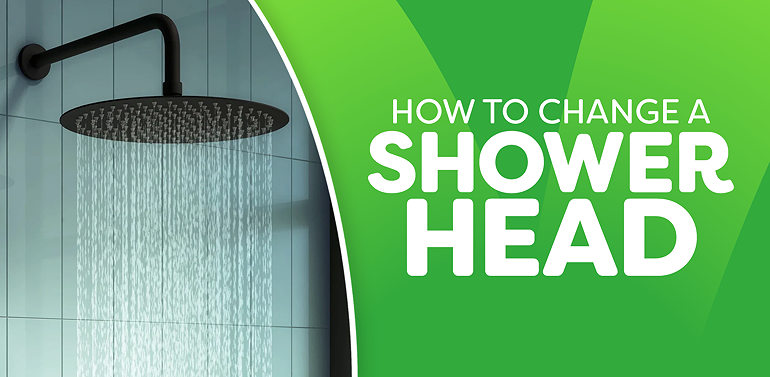EXTRA 10% OFF TILES WITH CODE: TILE10
Free Delivery on Orders Over £499**
how to clean a composite sink
How to Clean a Composite Sink
The dos and don'ts when it comes to keeping your composite sink clean. A brief guide on how to clean your composite sink and keep it looking good-as-new.
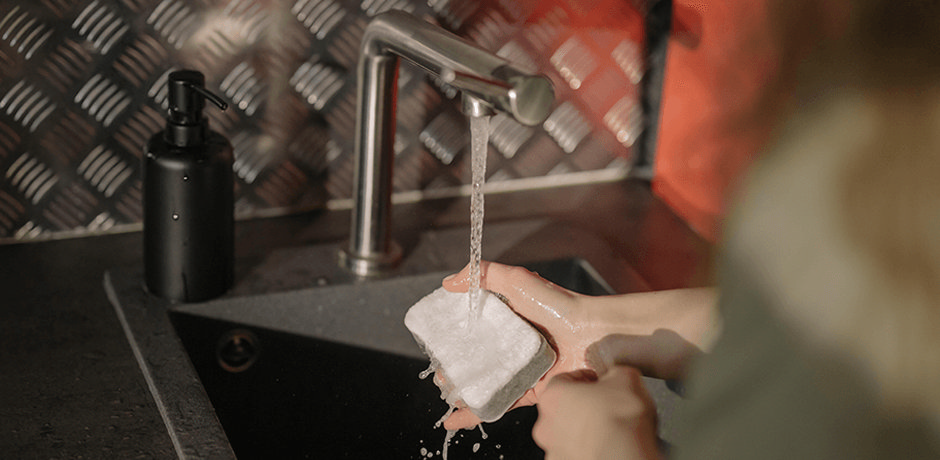
Robust. Reliable. Easy to use. Composite sinks are like the Honda Civic of kitchen fixtures. Comprised of a select variety of the finest materials such as quartz, granite, resin, and high-grade acrylics, composite sinks are far more durable than your average kitchen sink.
This careful blend of materials allows for composite sinks to be more resistant to scratches, stains and other kinds of damage that are typical in kitchen fixtures. The composite sinks we offer have a range of benefits from antibacterial properties to sound reduction qualities. And the good news is they’re pretty low maintenance too!
When it comes to keeping your composite sink clean it’s pretty simple, but if you’re worried about what’s best when it comes to how to look after your sink, we’ve compiled a list of dos and don’ts so all your queries are covered.
The dos: What to do in order to keep your sink clean
Day-to-day maintenance
As stated, one of the many benefits of having a composite sink is that they’re fairly easy to look after. When it comes to the everyday maintenance of your sink there really aren’t many tools required!
What you need:
- Cloth / nylon brush / kitchen sponge
- Soapy water solution (this can be washing-up liquid and water)
The most important, and easiest, step in keeping your composite sink looking great is simply rinsing it down with water after each use. However, using the products listed above, be sure to also give your sink a gentle clean regularly throughout the week. A few times a week will do just fine.
How to clean your composite sink on a day-to-day basis:
To avoid any residue marks from leftover product, make sure to rinse the sink with water after each clean. If you are concerned about water marks being left on the surface, which are more likely to appear on composite sinks of a darker colour, then wiping your sink with a lint-free cloth to dry it off should do the trick. Drying your sink after each rinse will help prevent the build-up of water stains and limescale.
Removing tough stains
Let’s say you’ve cooked a spectacularly elaborate - or messy- meal, or cleaned something particularly grubby in your kitchen sink. A quick rinse down might not be enough to get rid of those tougher stains.
Dried food, grease, dirt, or general stains could accumulate in your sink and might require a slightly more rigorous cleaning solution to get your sink back to tip-top condition. The beauty of composite sinks is that unlike other sinks, such as natural stone sinks which might require a PH neutral cleanser, no specialised cleaners are needed.
How to remove tough stains:
If a stain is particularly tough it’s best to fill the sink with warm soapy water and let it soak. Once the area you wish to target has been submerged for an appropriate amount of time, take a kitchen sponge, or even better a stiff nylon brush, and in a circular motion gently scrub the area. Once the stain or dirt is removed, simply drain your sink and rinse it down with water like you would after normal use.
Avoiding limescale build up
Limescale build up can be a pesky inconvenience for any kitchen or bathroom fixtures. By keeping on top of the day-to-day maintenance this should help avoid strong limescale build up and water stains altogether. However, should you notice that these types of stains are beginning to appear, there is a simple solution to remove them.
How to remove limescale build-up:
We wouldn’t recommend going in with any acidic or super strong general cleaners for your composite sink. Instead, it is suggested that a simple solution of 50% white vinegar and 50% water is your best bet. Make up the solution into a spray bottle, spray the afflicted area, and with a sponge or brush give it a gentle scrub. Follow this up by rinsing away the vinegar with water and drying off the sink with a towel or cloth. Lint-free or micro-fiber material cloths are always best but not essential.
Whilst this should handle any limescale build up or water stains, we emphasise that the best method is a preventative one. By frequently rinsing down and drying your composite sink you should be able to avoid limescale stains entirely.
The don’ts: What to avoid when cleaning your composite sink
When it comes to composite sinks the simple approach is always the best. There’s no need to invest in complicated cleaning contraptions or expensive industrial cleaners. In fact, these products might cause more harm than good!
General cleaning products to avoid:
- Industrial chemical agents (Acidic cleaning products)
- Bleach
- Oven cleaning products
- General spray cleaners
Composite sinks really don’t require super harsh cleaning products to keep them looking clean. Whilst they are generally more durable and resistant to scratches, it’s also best to avoid particularly abrasive cleaning products or methods. This includes avoiding steel wool scourers and any other similarly harsh cleaning devices.
And that about sums it up. Cleaning your composite sink is pretty straight forward. As long as you look after it throughout your everyday use, it should stay looking as good as new. If you’re looking for a sink that's easy to manage, you can always check out our range of composite sinks and find something just right for your kitchen!

